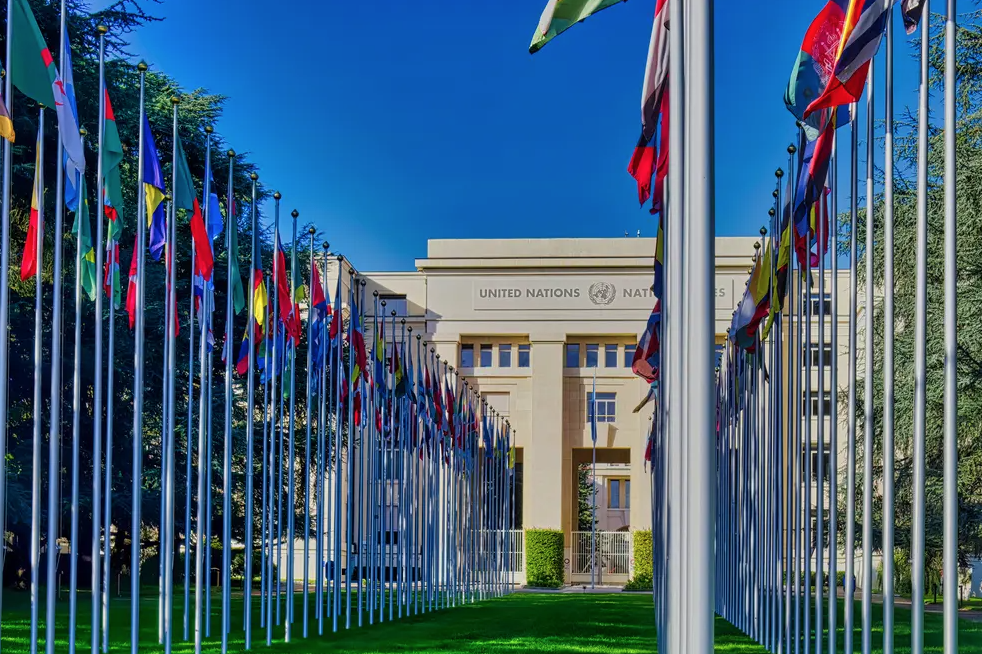Two thousand delegates in the Swiss city will deal with waste and pollution for two weeks
At the International Conference Center in Geneva, participants have been arriving. The Basel, Rotterdam, and Stockholm Conventions—the three primary multilateral agreements for the responsible management of chemicals and waste—are the subject of ongoing negotiations.
The so-called COP BRS (from the initials of the three conferences), which will last through May 12, has some 2000 people crammed into the building’s hallways.
Time to decide
There are important decisions to be taken this year: for example, delegates need to consider phasing out a list of new chemicals of high concern to human health and the environment. This would impose the Stockholm Convention, which targets persistent organic pollutants (POPs). Among the substances under the lens are methoxychlor, Dechlorane Plus and UV-328. Names and acronyms that say little but identify deadly compounds. Methoxychlor is used as a substitute for DDT on crops, ornamental plants, livestock and domestic animals. It is an endocrine disrupter, detected even in the Arctic and Antarctic. It is therefore no surprise that it has also been found in human serum, adipose tissue, umbilical cord blood and breast milk. The other two are additives used in the production of plastic and medical devices.
Finally, the summit must draw up guidelines on the environmentally sound management of plastic waste, POPs and electronic waste (WEEE), covered by the Basel Convention. The Convention is a treaty on the control of transboundary movements of hazardous waste and their disposal.
Rolph Payet, Executive Secretary of the Three Conventions, stressed that “we are well on our way to achieving the targets for polychlorinated biphenyls (PCBs) set by the Stockholm Convention, or the elimination of the use of PCBs in equipment by 2025 and the environmentally friendly management of PCB-containing liquids and PCB-contaminated equipment by 2028″.

